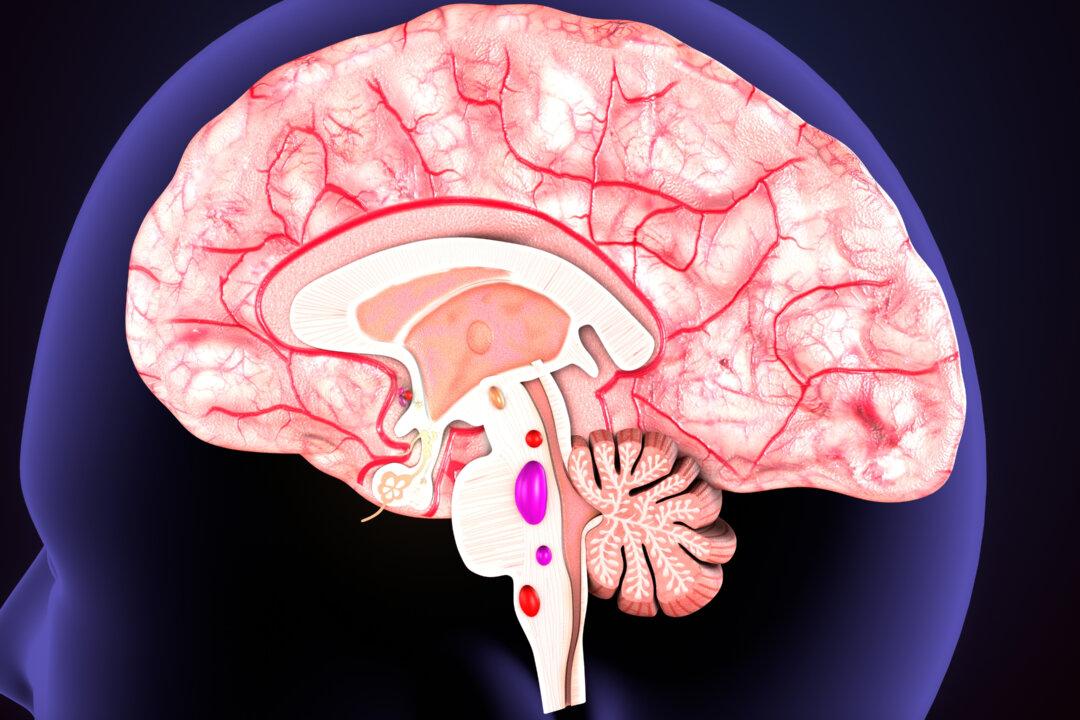It turns out your mother was only half right about scratching that itch. While researchers have confirmed that scratching does indeed worsen skin inflammation, they’ve also uncovered an unexpected twist: The same scratching that inflames your rash may actually help protect you from harmful bacteria.
The Itch-Scratch Cycle
Using a mouse model of allergic contact dermatitis—a type of eczema that causes itchy, swollen rashes—researchers at the University of Pittsburgh found out why scratching worsens skin inflammation.“We figured out that the mechanism is that by scratching the skin, you activate the pain neurons and then the pain neurons are really important in triggering the inflammation in the skin,” Dr. Daniel Kaplan, professor of dermatology and immunology at the University of Pittsburgh, told The Epoch Times.
Kaplan and his team induced eczema-like symptoms in mice. They observed that mice allowed to scratch developed swollen ears filled with neutrophils, which are white blood cells that drive inflammation. Mice prevented from scratching showed significantly less inflammation and swelling.
This is what led to the discovery that scratching was required for the development of the itchy rash, according to Kaplan.
“That’s sort of a paradox in a lot of ways, because we all know that scratching can make your inflammation worse,” he noted. But at the same time, he added, the sensation of scratching an itch can be very pleasurable, which encourages the behavior.
The Unexpected Benefits of Scratching
Scratching triggers nerve endings in the skin that sense pain. These nerves release a chemical that activates mast cells, a type of immune cell in the skin. Mast cells are responsible for the itching sensation and the inflammation that comes with it. So scratching causes more itching and inflammation through this chain of events.“It turns out that when you have a superficial skin infection with some bacteria, ... the scratching is actually really important in having your body’s own immune system control the growth of that bacteria,” Kaplan said.
“So in that way, this scratching behavior is both good and bad at exactly the same time. But the damage that scratching does to the skin probably outweighs this benefit when itching is chronic.”
While allergens typically activate mast cells directly in allergic contact dermatitis, scratching activates these cells through an alternative pathway, the researchers found. This alternate activation actually reduced levels of Staphylococcus aureus, often called “staph,” a common bacteria responsible for skin infections.
The risk of infection from scratching definitely exists, although it’s not very common, Dr. Viktoryia Kazlouskaya told The Epoch Times. She is a board-certified dermatologist and owner of the clinic Dermatology Circle PLLC, in New York City, and is not associated with the study.
Future Implications for Treatment
Kaplan’s team is now exploring new ways to treat inflammatory skin conditions such as eczema, rosacea, and urticaria by targeting mast cells.“Our hope is that it will possibly control itch, or even more importantly, suppress inflammation using this very same pathway,” Kaplan said.
The goal, he added, is then to take the new information and translate it into mechanisms to not only effectively treat skin rashes, but also possibly prevent the condition from developing in the first place.
It’s too early for these findings to provide any insight into changing how itch or underlying inflammation is currently treated, Dr. Raman Madan, chief of dermatology at Northwell Health’s Glen Cove Hospital in New York, who was not associated with the study, told The Epoch Times.
However, he said, “It can make us reconsider giving topical antibiotics to those prone to scratching but haven’t ever really developed an infection.”







